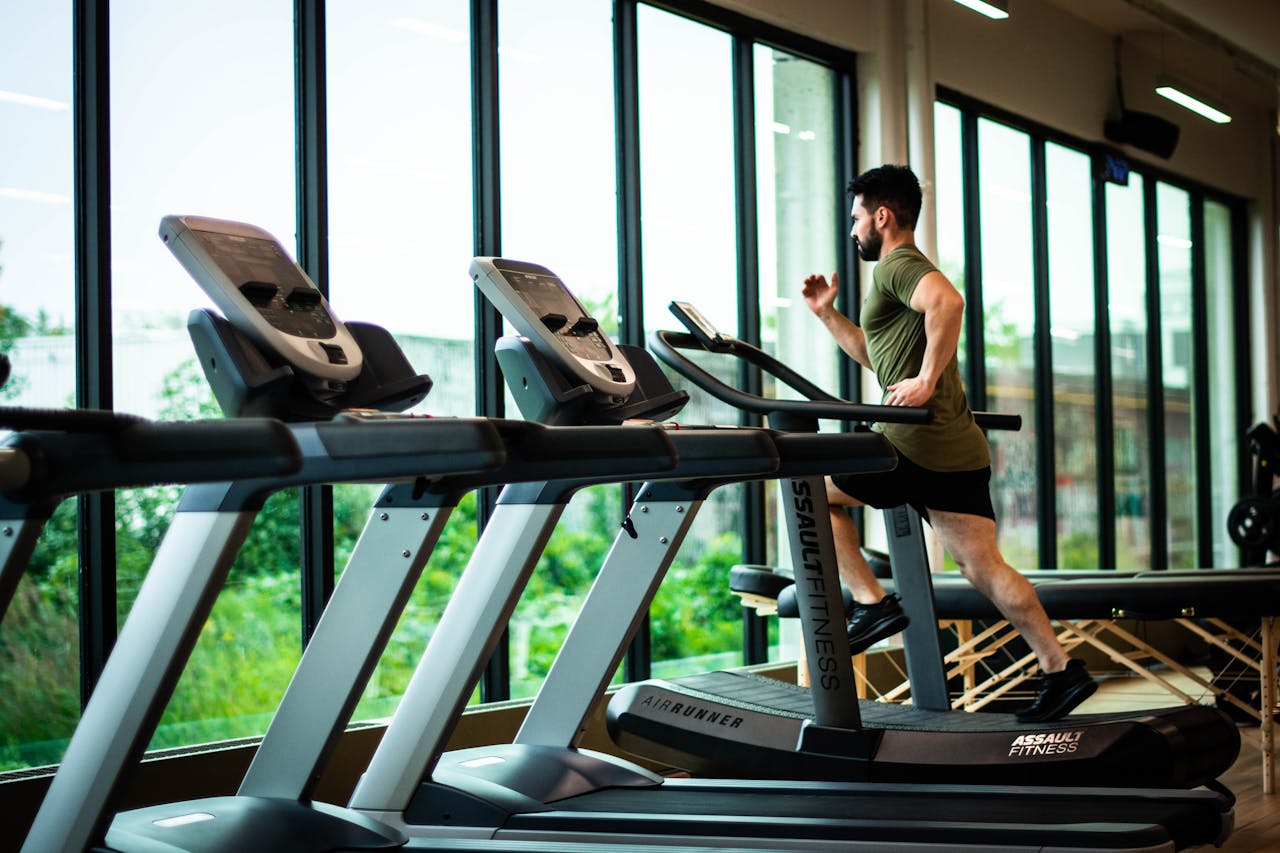Have you ever thought that exercise could be enjoyable if presented in a more creative and engaging way? We often hear that presentation is key when marketing products, but why not apply this principle to encourage healthier habits and promote personal well-being?
Researchers from Volkswagen conducted a series of fascinating experiments aimed at improving overall health and the environment through simple changes in behavior. By introducing playful elements into everyday scenarios, they demonstrated how fun and creativity could inspire positive choices. Let’s dive into some of these intriguing experiments and explore their impact.
Stairway to Fitness
Imagine a typical train station bustling with commuters. Each day, thousands of people choose between taking the escalator or climbing the stairs. Many opt for the escalator out of convenience or habit. But what if the stairs were presented in a way that made them more appealing?
Volkswagen transformed a regular stairway beside an escalator into a giant piano. Each step produced a musical note, turning the stairs into a life-sized keyboard. The experiment sought to determine if this playful twist would encourage more people to choose the stairs over the escalator.
The results were astounding. The piano stairs led to a 66% increase in stair usage compared to the usual numbers. This innovative approach demonstrated that making exercise fun and interactive could significantly influence behavior, encouraging physical activity in a creative way.
Does Mario Recycle?
Recycling bins are a common sight in public spaces, yet many people overlook them or fail to use them. Would adding a playful element make recycling more appealing? Volkswagen decided to experiment with a recycling bin designed like a video game. Each item deposited into the bin earned the user points, accompanied by entertaining sound effects. The goal was to see if gamifying recycling could increase participation. The results were impressive. A recycling bin that typically received only a few items per day saw a 75% increase in usage when transformed into an interactive game. This clever approach highlighted how engaging design can inspire environmentally friendly habits.
The Psychology Behind Fun and Behavior Change
Why do these experiments work so well? The answer lies in human psychology. Fun activates the brain's reward system, releasing dopamine—a chemical associated with pleasure and motivation. When an activity is enjoyable, people are more likely to repeat it, even if it requires extra effort These experiments also tap into the concept of intrinsic motivation. Unlike external rewards like money or recognition, intrinsic motivation comes from within. Activities that are inherently enjoyable create a sense of satisfaction, making them more sustainable over time.
Practical Applications for Health and the Environment
While these experiments were conducted on a small scale, their principles can be applied to various aspects of daily life:
Encouraging Fitness
Imagine playground-style equipment in urban areas designed for adults. Simple structures like monkey bars or hopscotch patterns on sidewalks could inspire people to move more without requiring a trip to the gym.
Improving Recycling Habits
Gamifying recycling bins in schools, offices, and public spaces could increase awareness and participation. Adding competitive elements, such as leaderboards or community challenges, could further enhance engagement.
Promoting Sustainable Choices
Retailers could incentivize sustainable shopping habits by offering rewards for eco-friendly purchases. For example, a grocery store might give points for bringing reusable bags, which could be redeemed for discounts or prizes.
What’s Next? Your Turn to Innovate!
Volkswagen's experiments demonstrate that small, creative changes can have a profound impact on behavior. But the possibilities don’t stop here. How else can we inspire people to make healthier, more sustainable choices? Consider the activities you encounter daily. Could a dash of fun or a touch of creativity transform these routines into opportunities for better health and well-being? The potential is limitless, and it starts with imagination and innovation.
Through simple yet ingenious experiments, Volkswagen has shown that promoting health and environmental consciousness doesn’t have to be dull or challenging. By incorporating fun and interactive elements, we can influence behavior positively and create a healthier, happier world. The question is: What steps will you take to inspire change in your life and community? Whether it’s adding a playful twist to your fitness routine or encouraging sustainable practices, remember—every small action counts.
This article is editorial in nature and does not constitute medical advice. Always consult a physician for any health-related concerns, whether psychological or physical.













